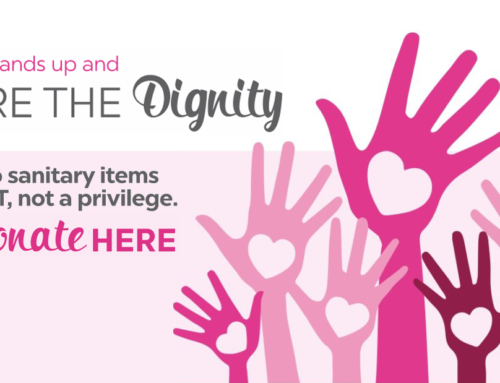Everyday I meet people who complain of a variety of health complaints. Mostly I deal with pain and the limitations it causes in peoples lives. Sometimes patients can call in as soon as their pain begins and at other times some people wait months before deciding that it is time to do something.
Inevitably the process is the same: Pain causes someone to do something about their complaint as they cannot deal with the pain any longer. Except how long is long enough. Well the answer isn’t that simple.
I do not like to encourage people to over-react to pain. It is a normal physiological response to injury or insult and mostly happens as a release of chemicals enter the bloodstream. These chemicals (responsible for chemical pain) peak a few hours after injury and can persist for a few days. Under some circumstances the inflammation caused by injury can resolve by itself. Management of conditions in this phase may improve outcomes and the duration it takes to get better. Ice, rest (from aggravating factors) and light movement and activity has been shown to be most effective for reducing initial onset of pain.
In saying this, what fascinates me is the decisions people make to seek care and the time factors in which they choose to do so. Only this week I was dealing with a patient who had waited at least 6 months to do something for her back pain. To her defense, her pain did vary over that time, however by the time she had come for care, her pain was so intense that treatment techniques were difficult to perform.
So what is it that makes people decide when to seek care?
Well I hear a variety of reasons why people take long periods to seek treatment for pain. I’m too busy, I thought it would get better, It wasn’t that bad, I couldn’t get time off and the list is endless.
Most of them are completely valid to them and their experience, however I always question just how useful the choices they had made were for them. Which leads me to my point and the questions I ask most patients when I learn about the delay in decisions around health.
“Do you value health?
If so, how is it important to you?
What does it mean to you?”
These questions can help me understand the identifiers in behaviour which explain how you are motivated around your health values. You see, people establish values at a very early age, mostly observationally from being around their parents. Once we establish what this means to us, we then go off and through our experiences are then confronted with new ideas and concepts around what it means to be healthy. This can create a disconnect between what we were shown at home and what we learnt after from friends and consistent messaging in the media. As it goes we sit in a balance between motivation of our values in two ways. Towards or away from. What this means is we can sit in balance between what we want for ourselves, except we don’t do what we should to get what we want.





